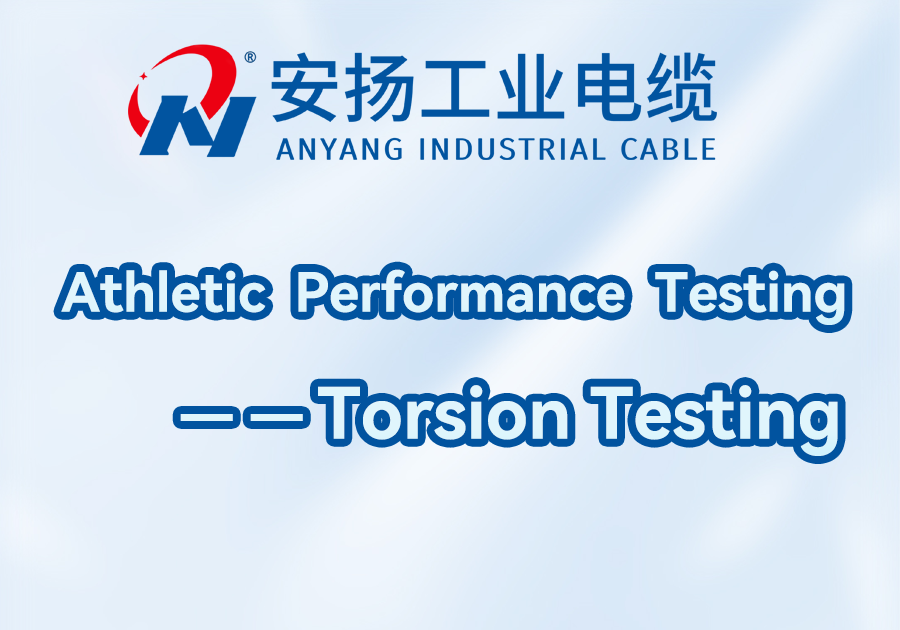
Torsion testing assesses cable performance and durability under torsional stress, simulating real-world conditions to ensure stability and reliability. It verifies mechanical strength and durability, offering dependable solutions for dynamic applications.
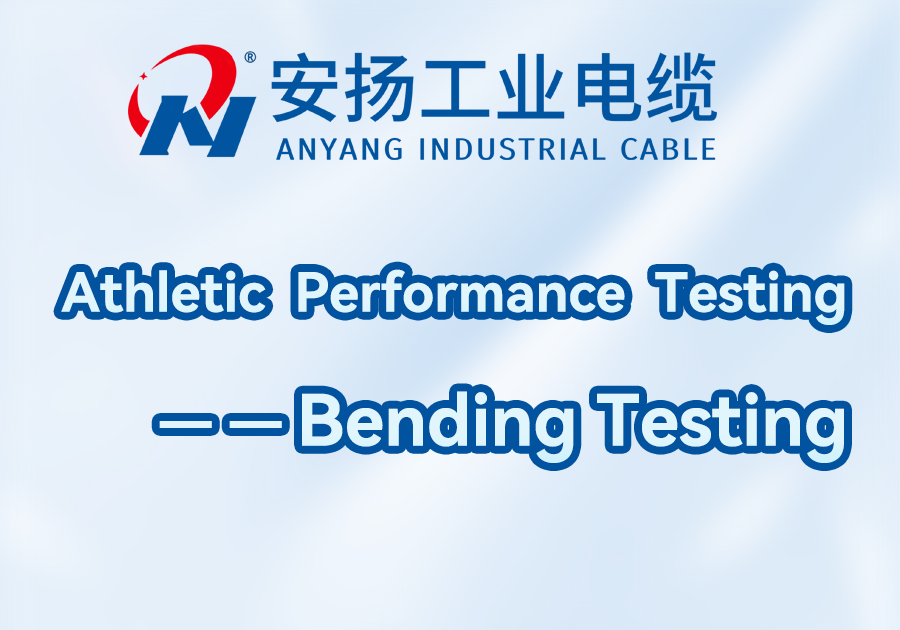
The bending test evaluates cable durability and performance by simulating real-world bending, twisting, and torsional stresses. It validates design and materials, ensuring stable electrical performance under repetitive bending.
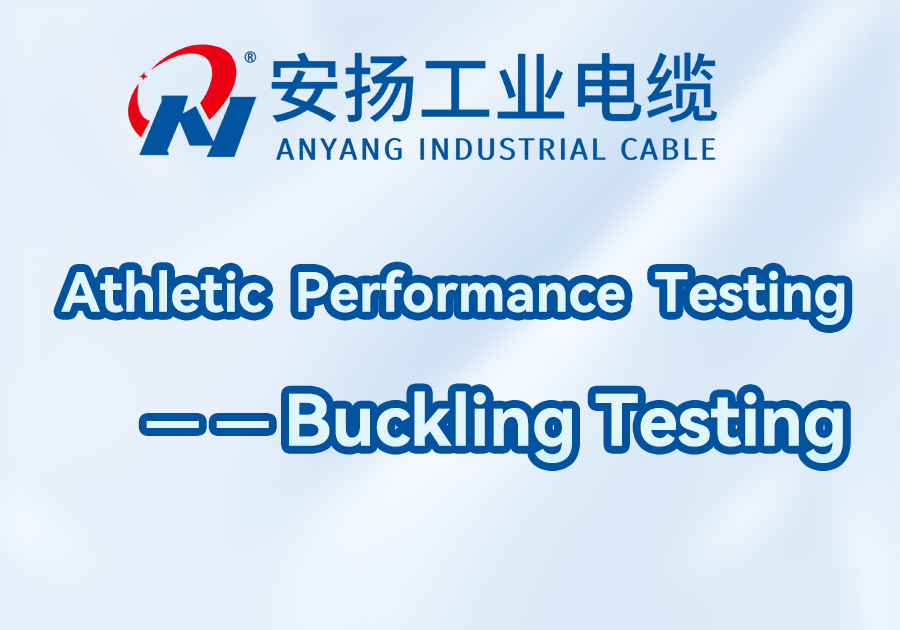
The flex test evaluates cable bending resistance by simulating mechanical stress through repeated bending, assessing durability and performance stability. It identifies potential long-term issues, ensuring excellent bending resistance and reliability. Anyang Industrial Cable has passed these rigorous tests, delivering high-quality solutions for diverse industrial needs.
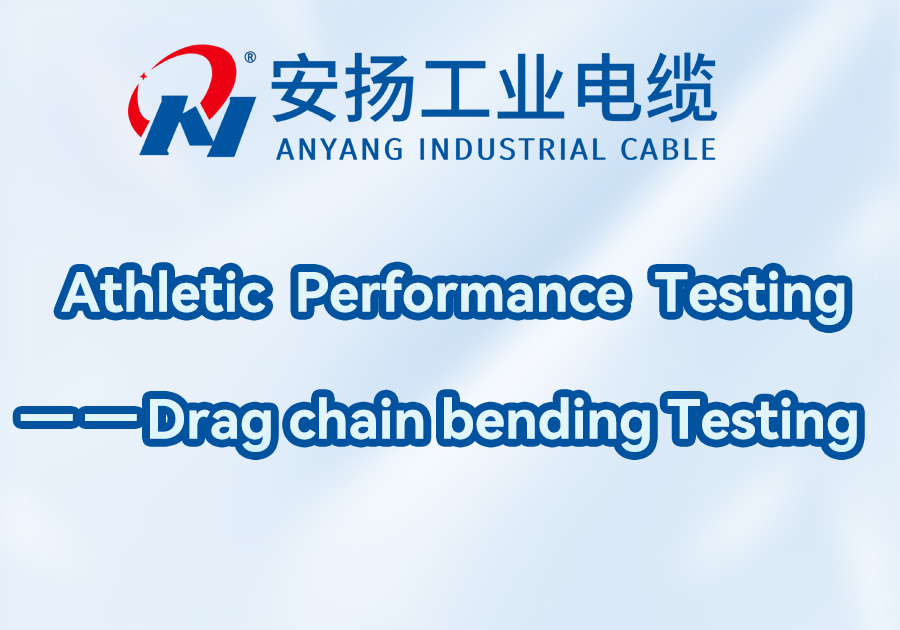
The repeated bending test assesses drag chain cable performance and durability under continuous bending and movement, replicating real-world conditions. Anyang Industrial Cable leverages test data to drive performance improvements and enhance product quality.
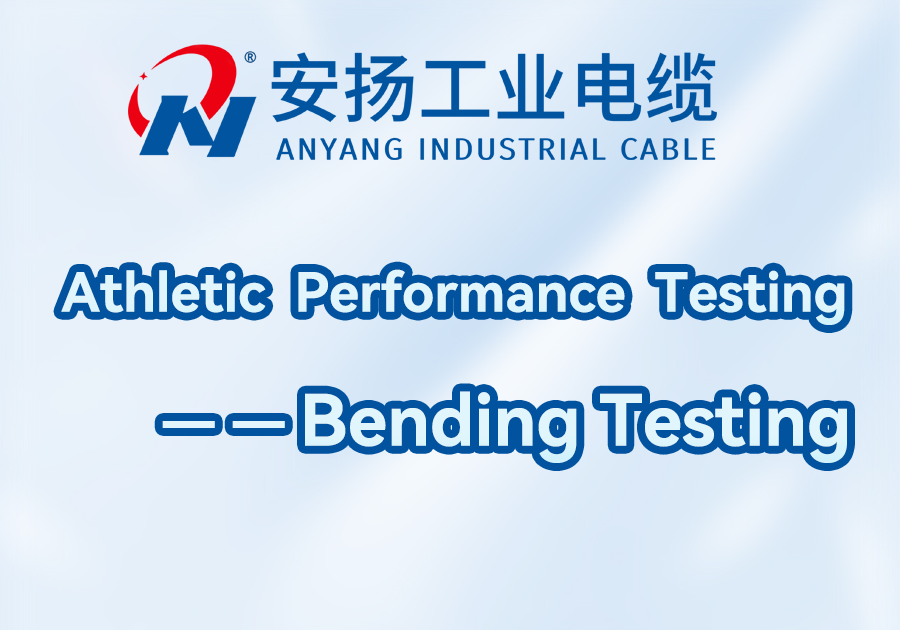
The bending test evaluates cable durability and reliability under repeated bending, simulating real-world conditions to verify mechanical properties and lifespan. Anyang Industrial Cable's products undergo rigorous swing tests, ensuring durability and strength for reliable solutions in dynamic applications.
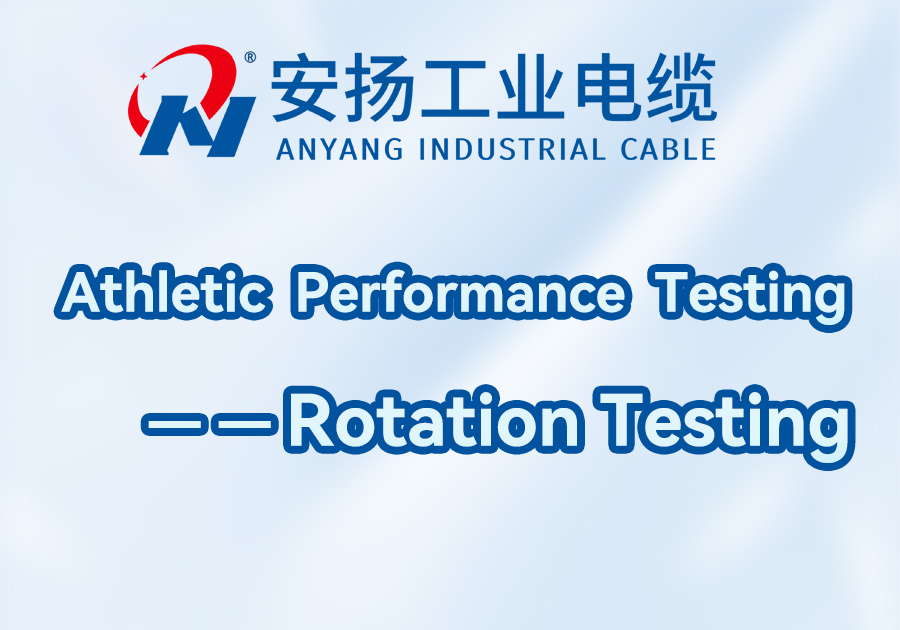
The rotation test simulates torsional motion during cable installation and use, assessing mechanical and electrical properties, durability under repeated torsion, and mechanical strength. Test results guide structural optimization, ensuring stability and reliability in rotating environments.
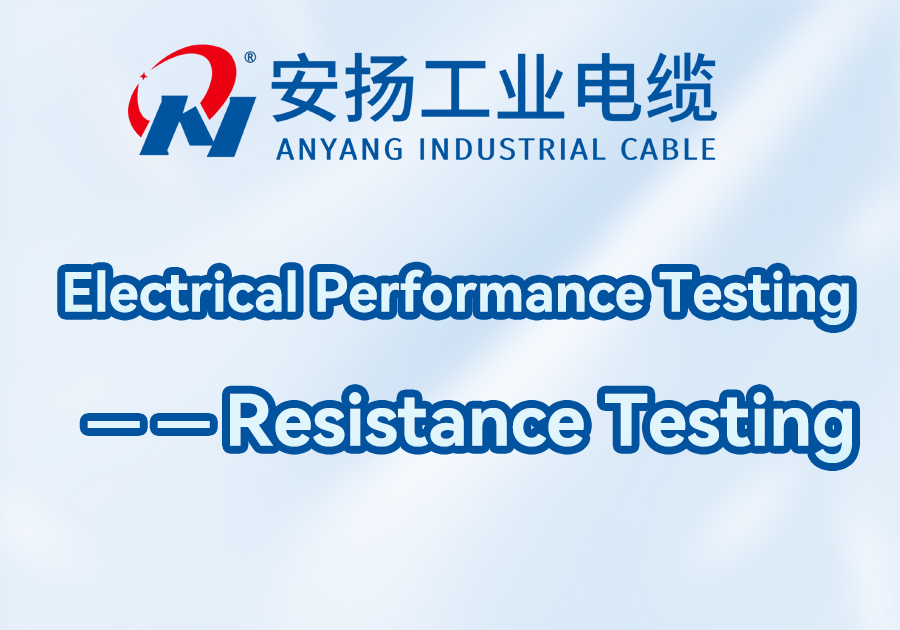
Resistance testing evaluates cable conductor quality by measuring resistance. Test fixtures connect to conductor ends, and equipment parameters are set per specifications and standards. It verifies design and manufacturing quality, ensures conductive performance, and delivers efficient, reliable cable solutions.
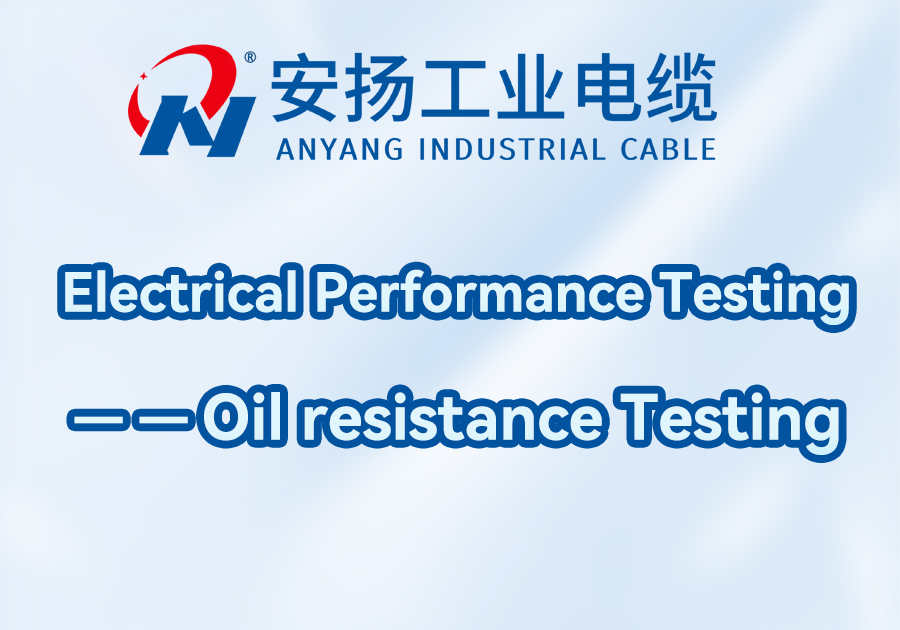
The oil resistance test evaluates cable performance in oil media by immersing the cable in a specific oil and assessing changes in its physical and electrical properties over time. It simulates real-world conditions to ensure durability and reliability, maintaining optimal performance in complex environments.
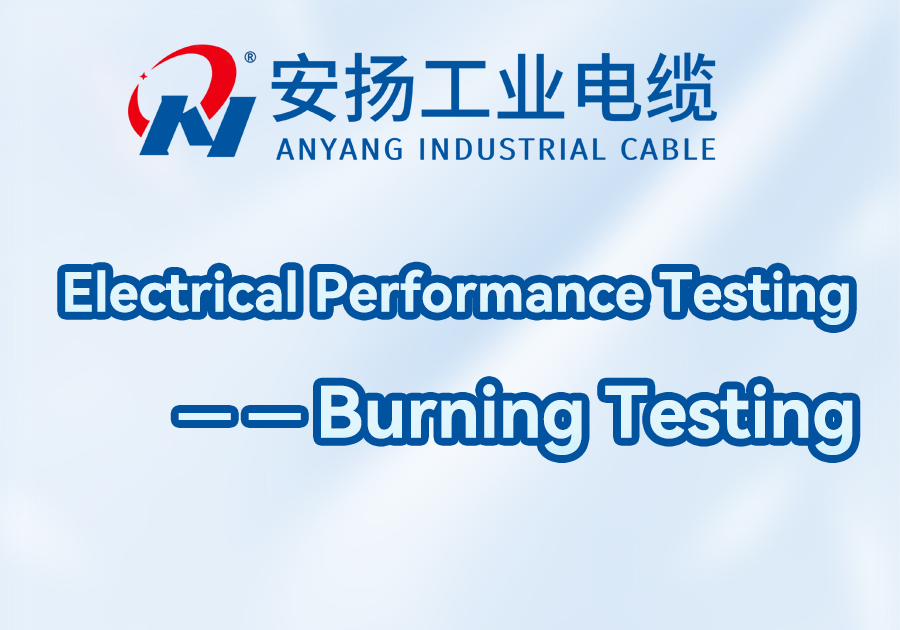
The combustion test evaluates cable performance under fire conditions to ensure compliance with safety standards. It assesses flame retardancy and fire resistance, identifying cables that meet requirements to prevent combustion and flame spread, reducing fire risks and enhancing application safety.
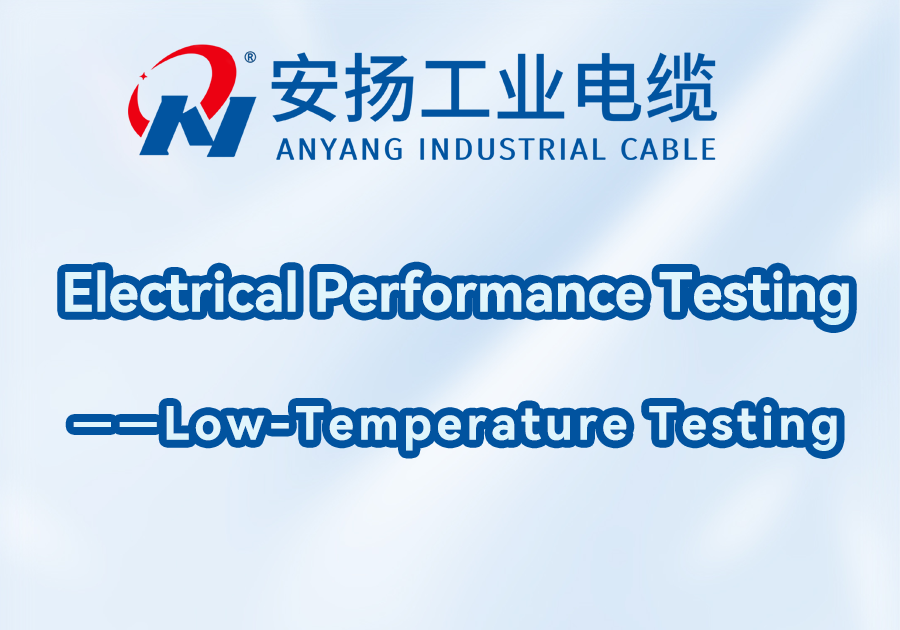
The low-temperature cold winding test evaluates cable mechanical properties and flexibility in cold environments. Cable samples are wound and cooled in a test chamber to simulate low-temperature bending, verifying resistance to breakage and ensuring reliable performance in real-world cold conditions.
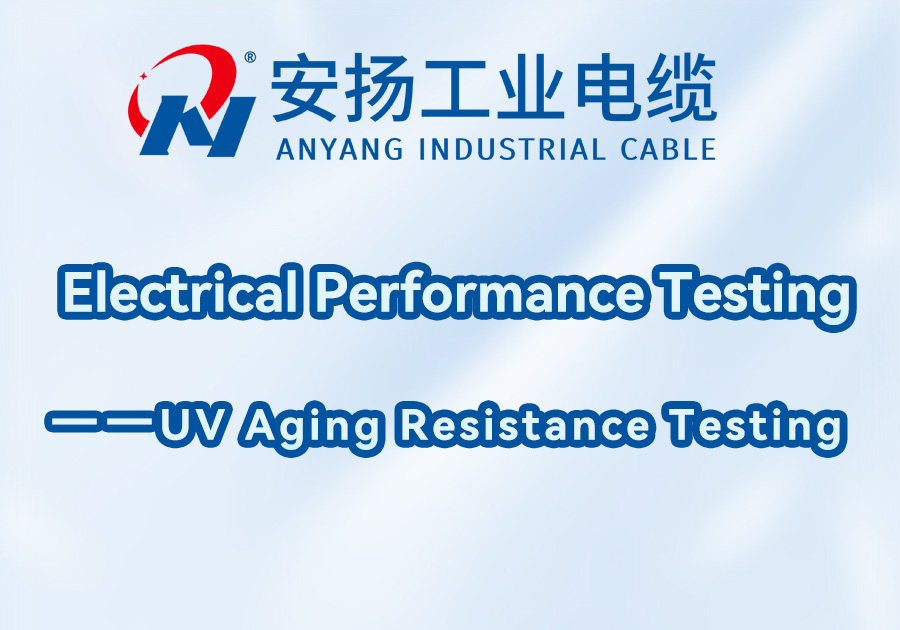
The UV aging test simulates prolonged exposure to sunlight, assessing material durability under natural conditions. Cable samples are exposed to UV light, temperature, and humidity changes, quickly evaluating anti-aging performance and verifying product durability and reliability.